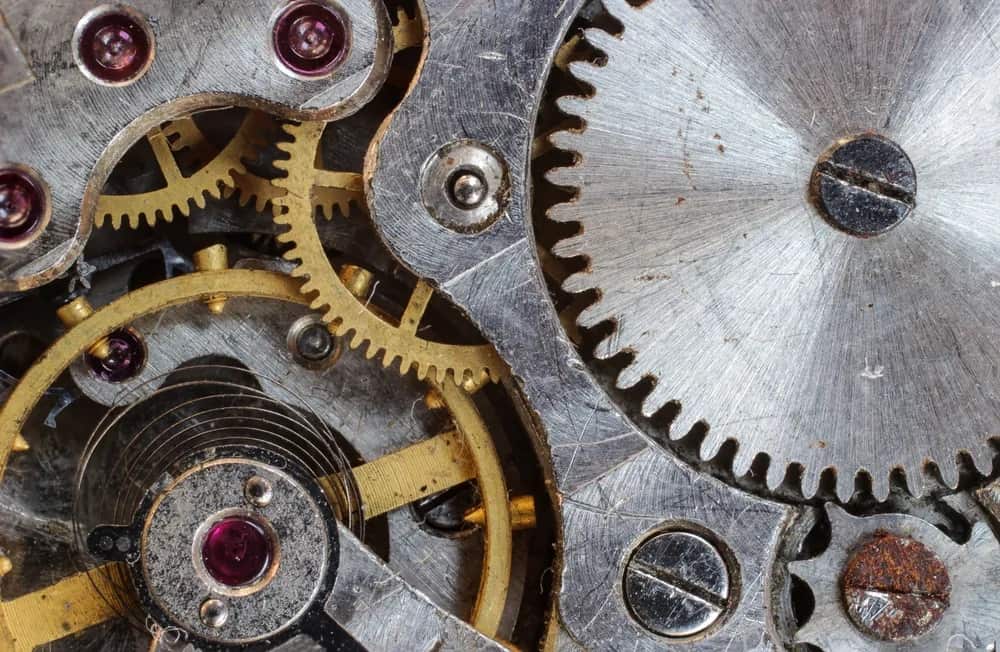Technological development has significantly impacted many industries. Today’s manufacturing sector has been transformed by automation that has changed the way operations are carried out.
One such development is the introduction of CNC machining. CNC machining China-based has become extremely valuable to the sector and has led to a level of efficiency and precision that was previously impossible with traditional equipment, such as millers, lathes, routers, and drills.
What makes CNC machining, so indispensable are the programs that are used to operate them. Today, this machining is used in a variety of industries to boost production processes in the industry.
So, it’s safe to say there’s an increased interest in CNC machining. However, before we address how it has transformed the manufacturing industry, it’s essential to understand what it is.
What is CNC machining?
Computer Numerical Control, also known as CNC, operates through a numerical computer program by creating the 3-D design of an intended product through computer-aided design. Through computer-aided manufacturing, the design is then converted to an actual physical product. These two processes form the core of CNC machining.
The manufacturing industry employs multiple forms of CNC machinery, including lathe machines, milling machines, grinding units, welding machines, lasers, and winding machines.
Today, there’s an increasing demand for compact-sized CNC machines equipped with automatic tool changers and multi-axis machining technology. As CNC machining continues to drive down operational costs, its application will only increase.
If you’re still on the fence about CNC machining, here are seven ways it has impacted the manufacturing industry, and how your firm can benefit from it too.
Better Efficiency
The primary reason CNC machining is so commonly used now is because of the increased rate of efficiency it leads to. CNC machining can result in enhanced efficiency and can work uninterrupted without the need for maintenance.
CNC machines massively reduce the resulting wastage from the production of each piece due to its high precision. When wastage is reduced, the overall cost of production also falls.
Apart from this, CNC machining also reduces human error, thereby further boosting human efficiency. Since CNC machining does not require human operations, processes can be executed at any time of any day, without the need for any breaks or stops. This allows a manufacturing facility to operate all the time.
Increased safety
With CNC machining, the instructions of any part’s production are input into a machine. The machine then acts on its own accord without the need for individual or operator intervention.
This aspect of CNC milling makes them the best option for manufacturing processes, especially for those involving corrosive or toxic substances and functions with high temperatures and other potentially dangerous situations, significantly boosting overall safety in the manufacturing industry.
Increased consistency and capacity
CNC automation ensures that machinery can run for unlimited hours without compromising quality, thereby producing identical products. In fact, the only time the machine will stop operations is when it needs to be repaired or requires maintenance.
Since humans aren’t involved in any part of the operations, the precision remains the same. Additionally, CNC machining results in immense consistency as machines can function with more parts, increasing the overall capacity of any manufacturing plant.
Sustainability
CNC milling is also significantly more sustainable for the planet due to the reduction in carbon footprint. This occurs due to multiple factors. First of all, CNC milling decreases wastage. Additionally, since it’s more efficient, there are fewer errors in the production process.
A reduction in errors means that fewer materials are discarded. Lastly, machines do not require additional tools, such as drills and sanders, since the central part of any device includes everything.
Prototype machining
The manufacturing industry requires the production of prototypes. Prototyping is a costly process that is also time-consuming. This is why many firms end up skipping this step, despite how vital it is since it helps reduce errors and allows for a better understanding of the product.
CNC machinery reduces the overall cost of prototyping and also makes it easy to execute. To get a better idea of the different steps involved in the manufacturing process, any manufacturer can create prototypes at an affordable rate.
The technology involved with CNC machining has made these previously difficult tasks possible and helped create designs that are detailed and complicated.
Speed
CNC machining amalgamates multiple manufacturing processes in a typical manufacturing process. Increased efficiency in CNC machining can massively reduce the time involved in finishing a production process. Moreover, CNC machines can perform individual tasks in the manufacturing process much more quickly than a human being.
Reduced labor costs
Since CNC machining is fundamentally based on automation, there are complex and challenging tasks involved in a typical manufacturing process, such as stamping, drilling, cutting, which are all performed by machines.
CNC machinery reduces the reliance on a human operator since it does not require supervision or involvement from anyone. It just proves to be a cost-effective option by reducing overall labor costs.
Conclusion
CNC machining leads to significant benefits for any business. It results in high levels of precision, efficiency, tolerance, and a safer environment. This is why it has played a considerable role in improving the way modern manufacturing companies currently operate.
Today, many big companies are using CNC automation to improve their operations and achieve their goals. As its benefits increase and people become more aware of them, its usage is only expected to grow in the years to come.
